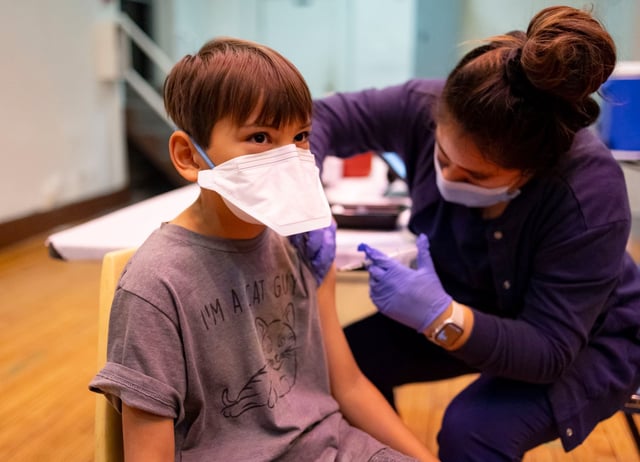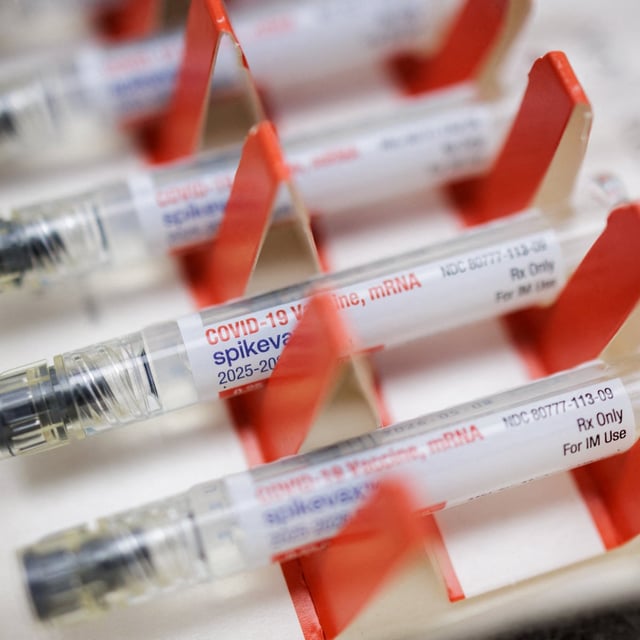Overview
- The NIH-funded RECOVER study of more than 460,000 patients under 21 found a twofold increase in long COVID diagnoses after a second documented infection.
- Six-month incidence was about 904 cases per million after a first infection versus roughly 1,884 per million after a second infection.
- Reinfection was linked to sharply higher risks of specific conditions, including a tripling of myocarditis and more than double the risk of blood clots, alongside kidney injury, abnormal heart rhythms, severe fatigue and cognitive issues.
- Elevated risk appeared across demographic and clinical groups regardless of prior vaccination status or initial illness severity, according to the Lancet Infectious Diseases analysis.
- Study authors urge infection prevention, including pediatric vaccination uptake, and plan longer-term follow-up and variant-specific assessments to refine risk estimates.



